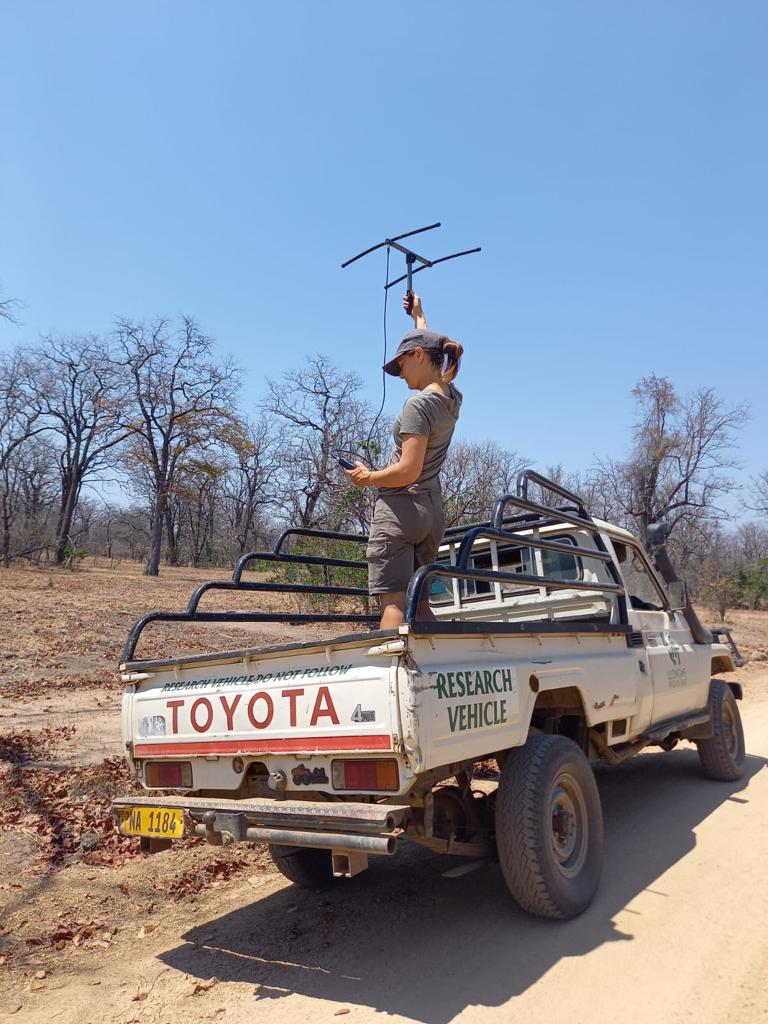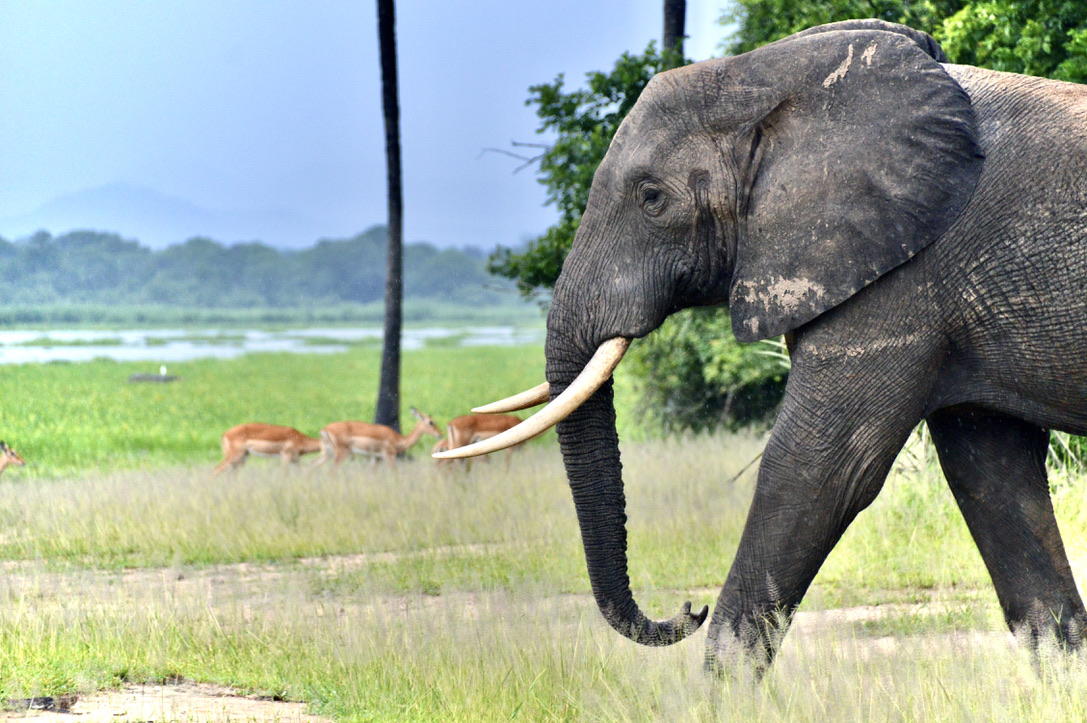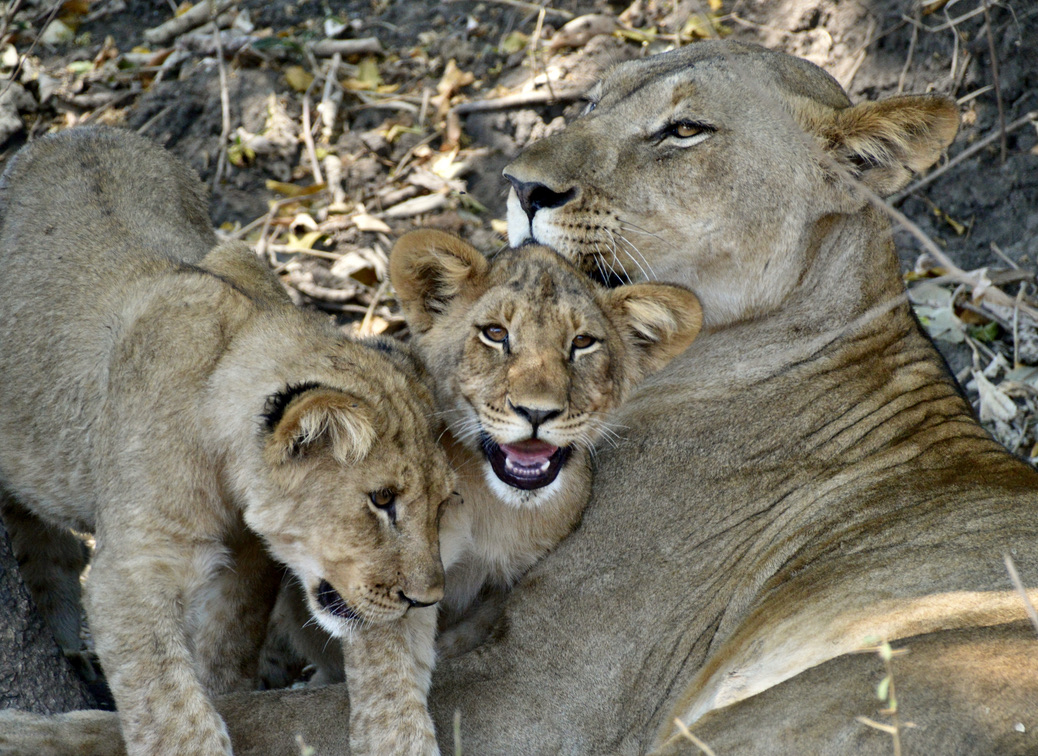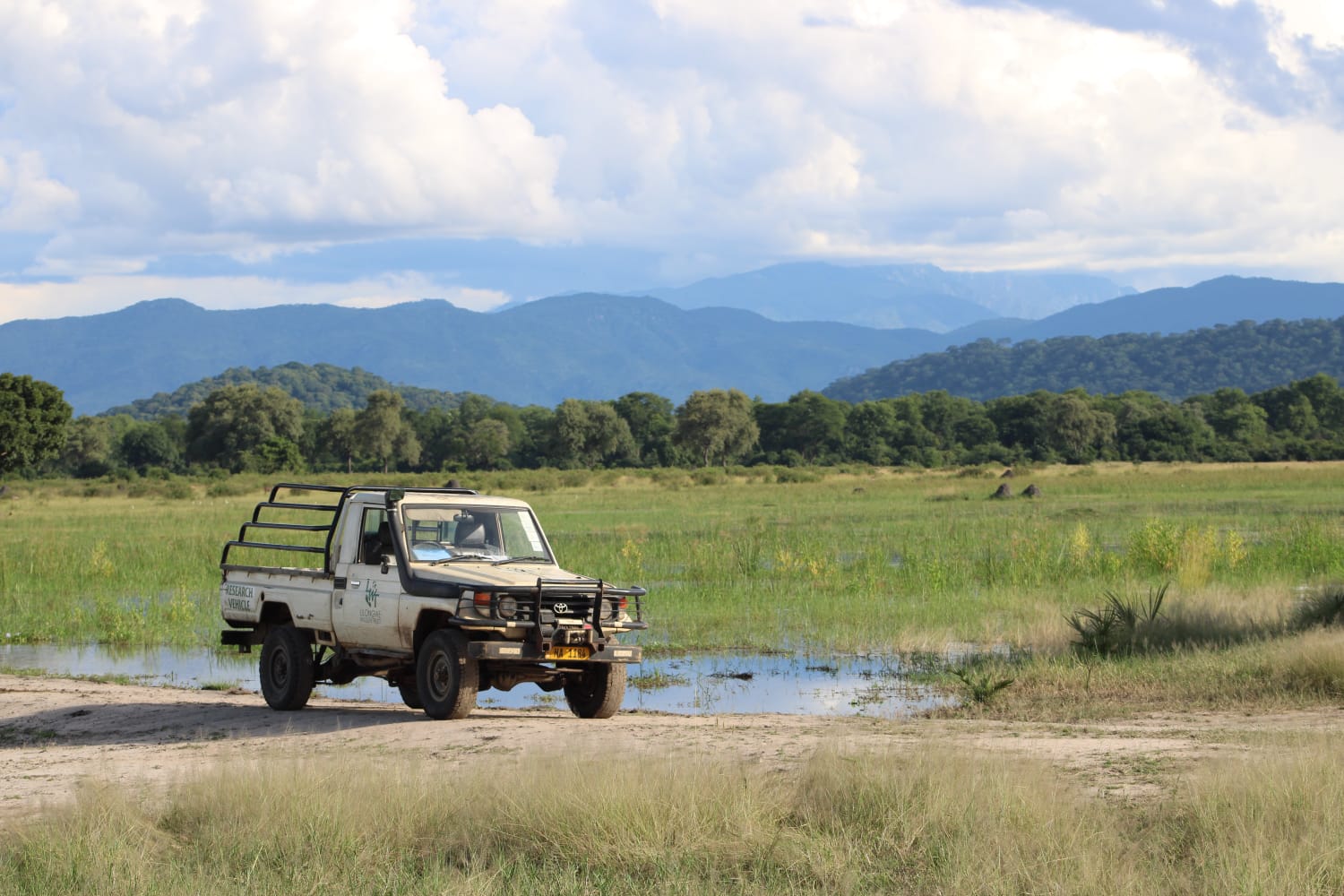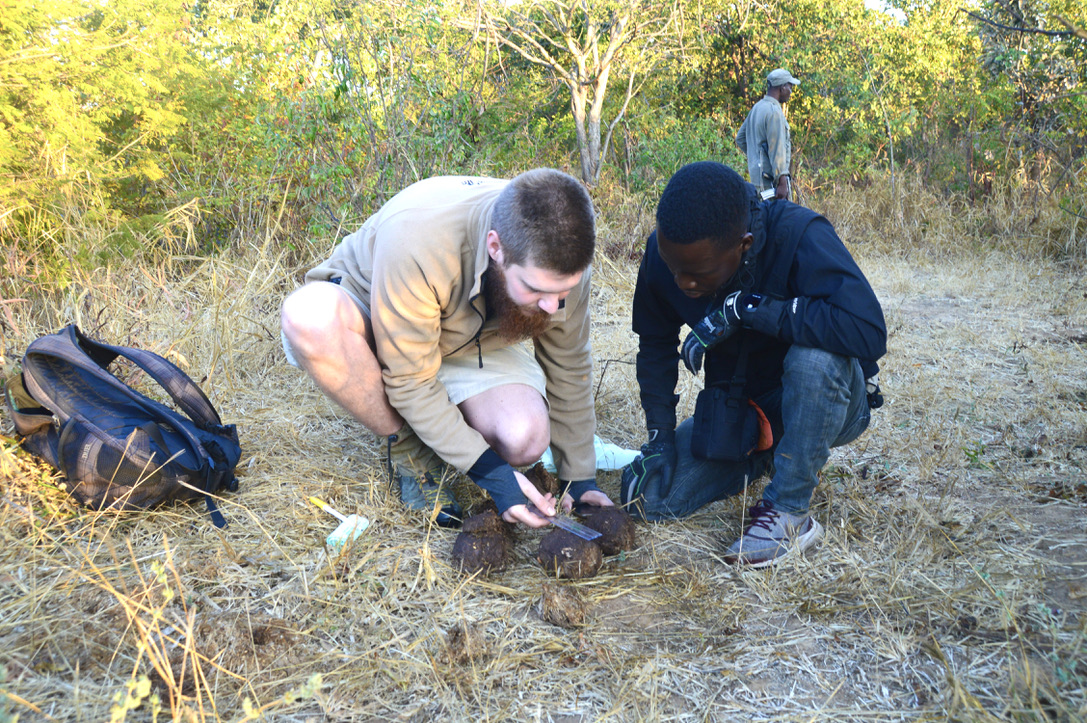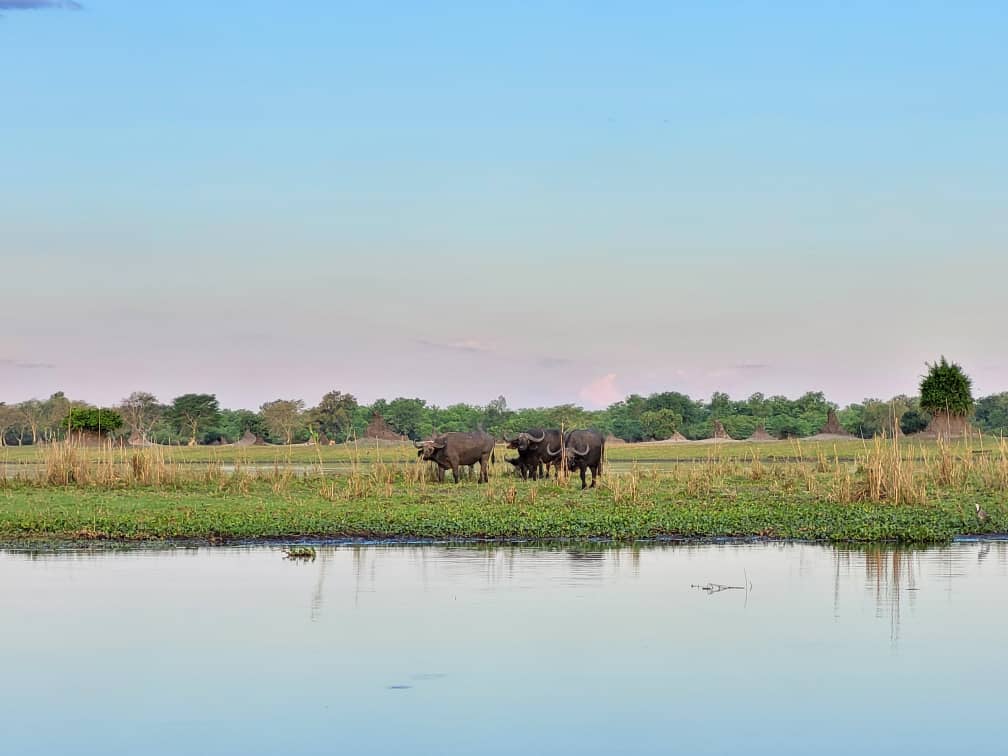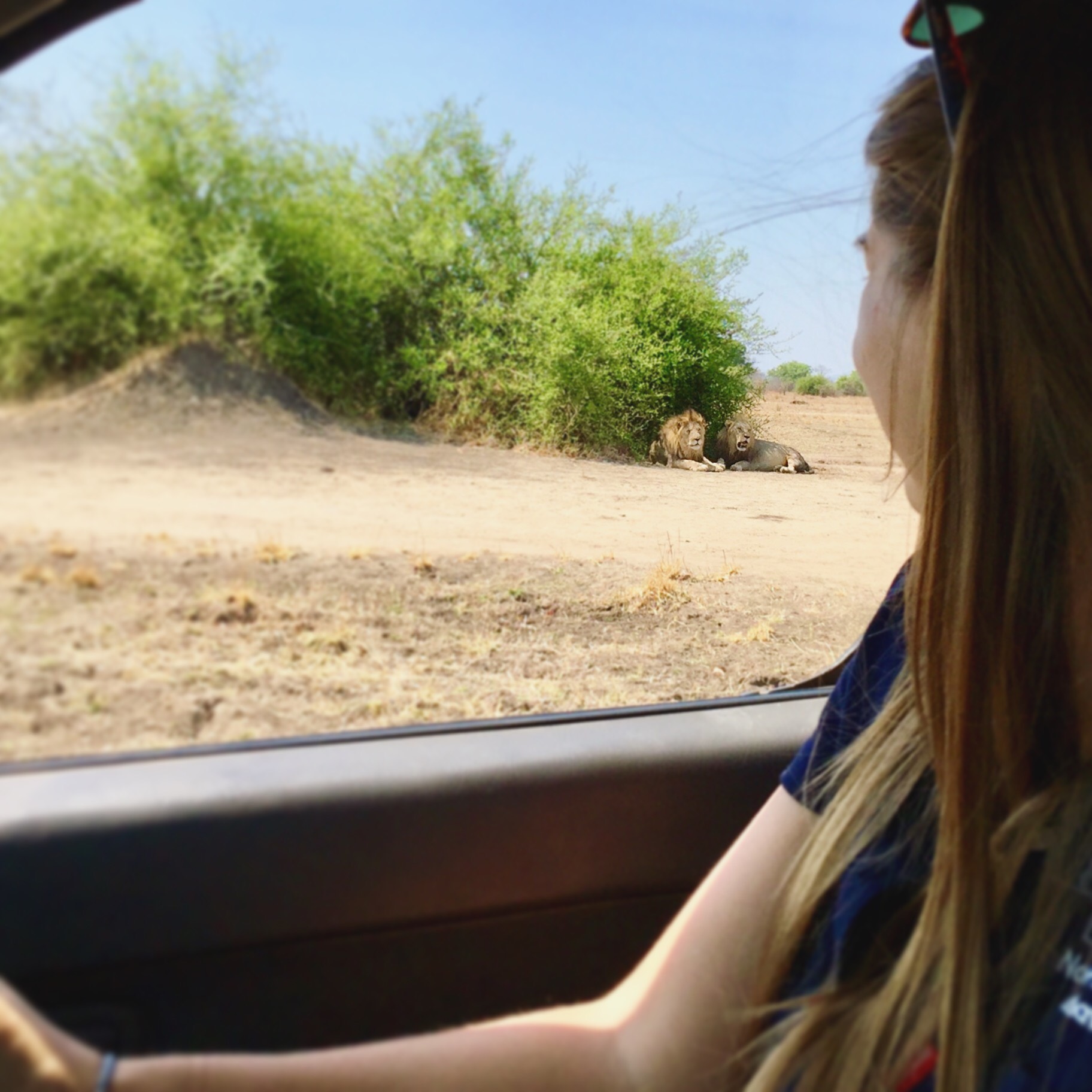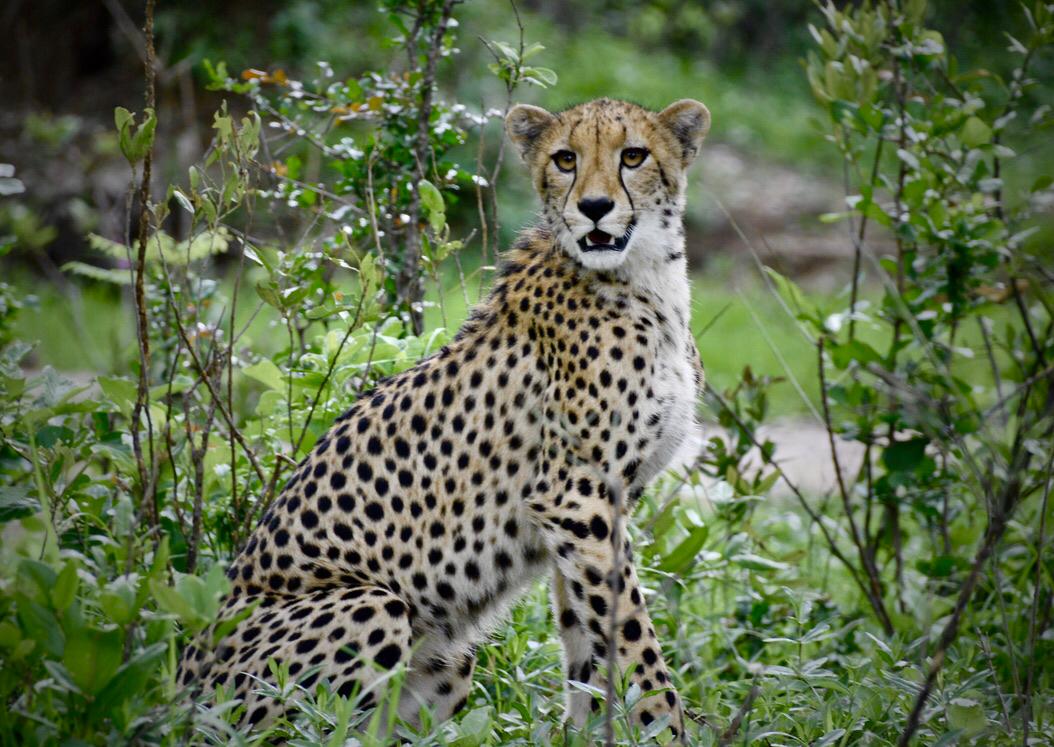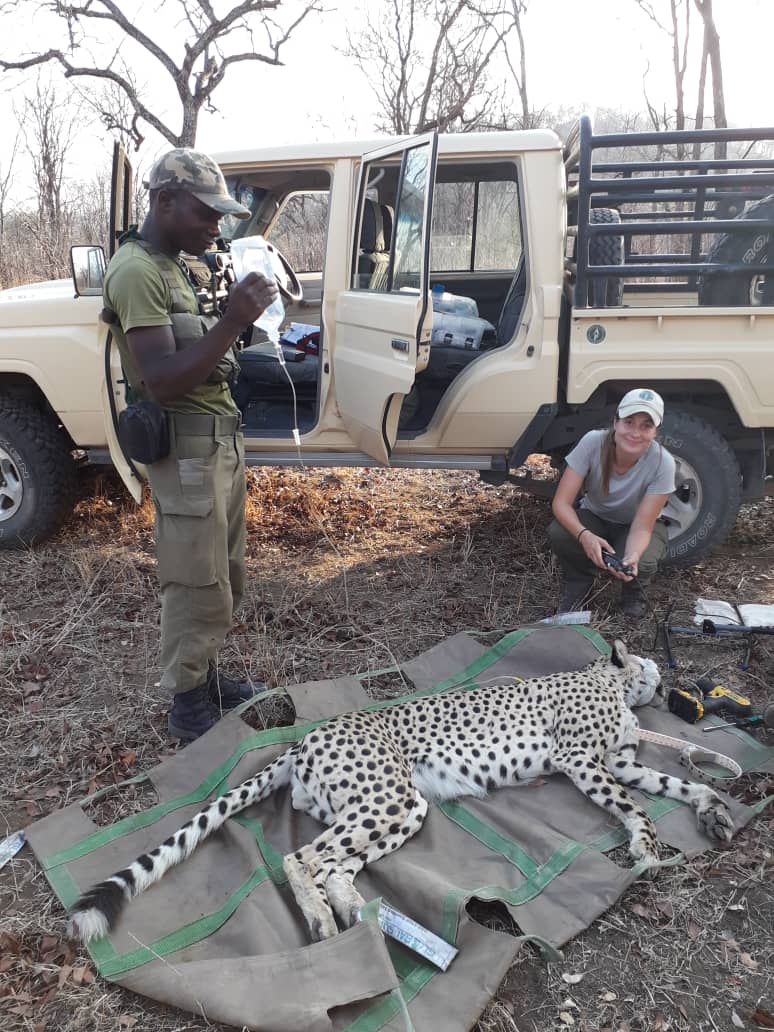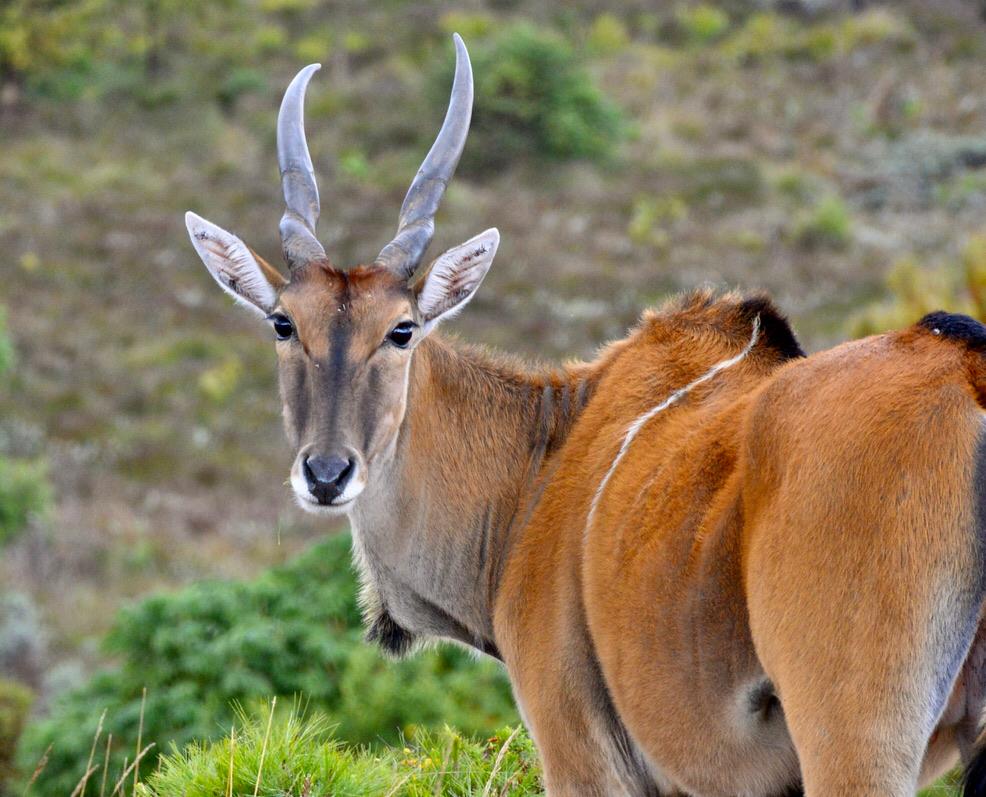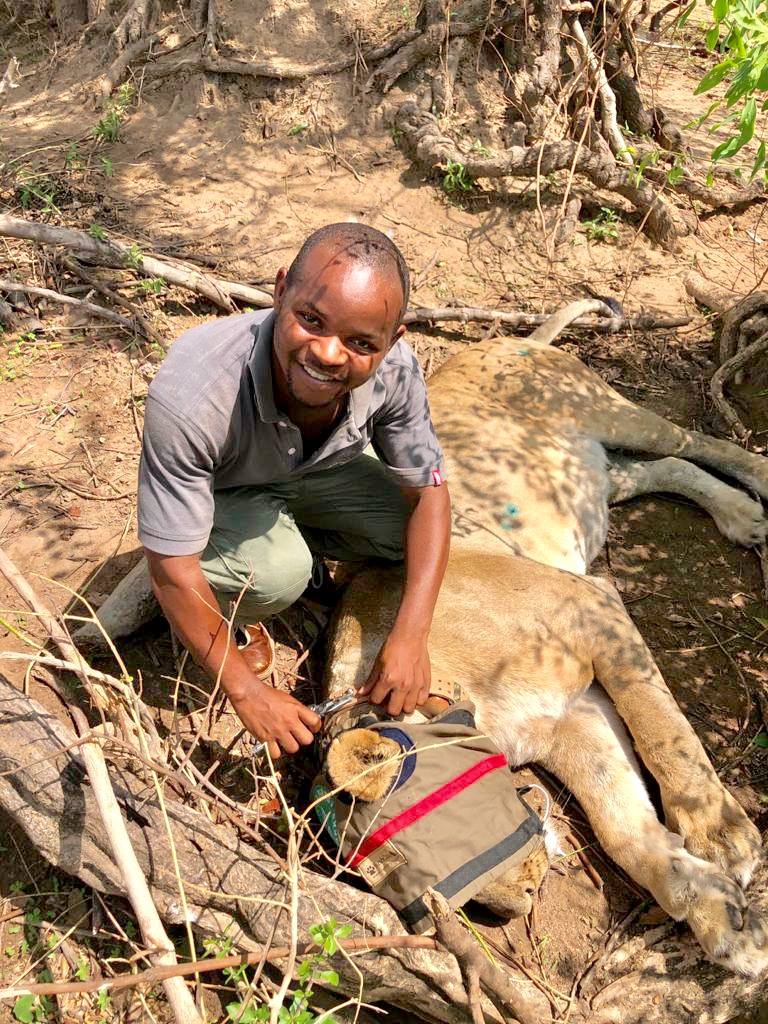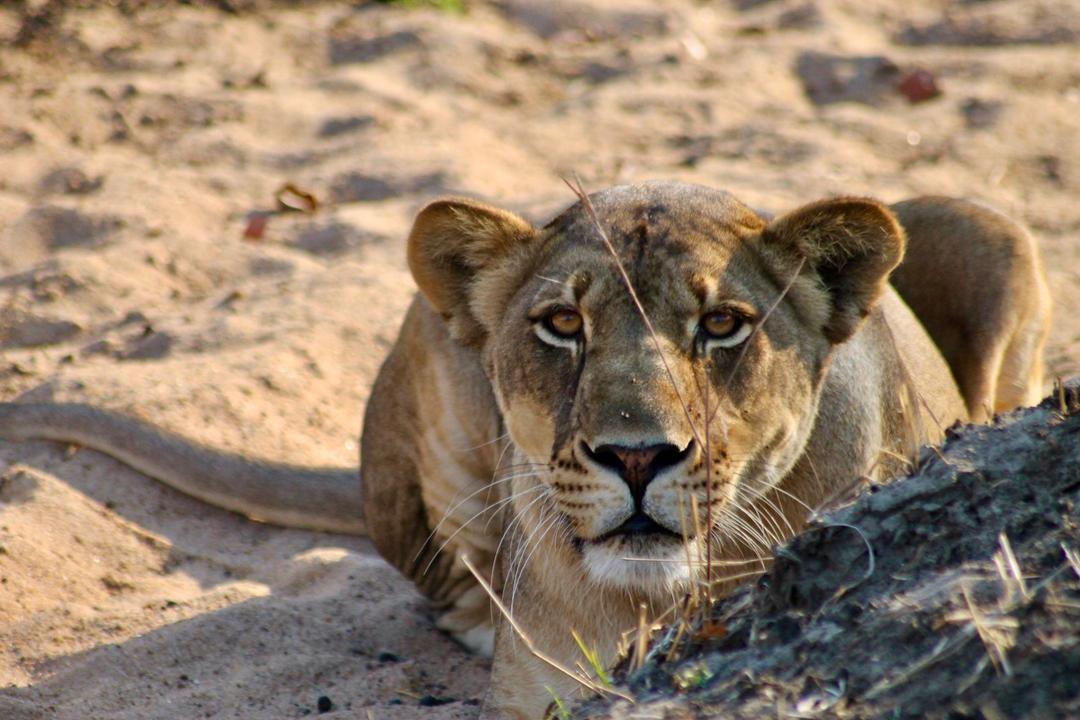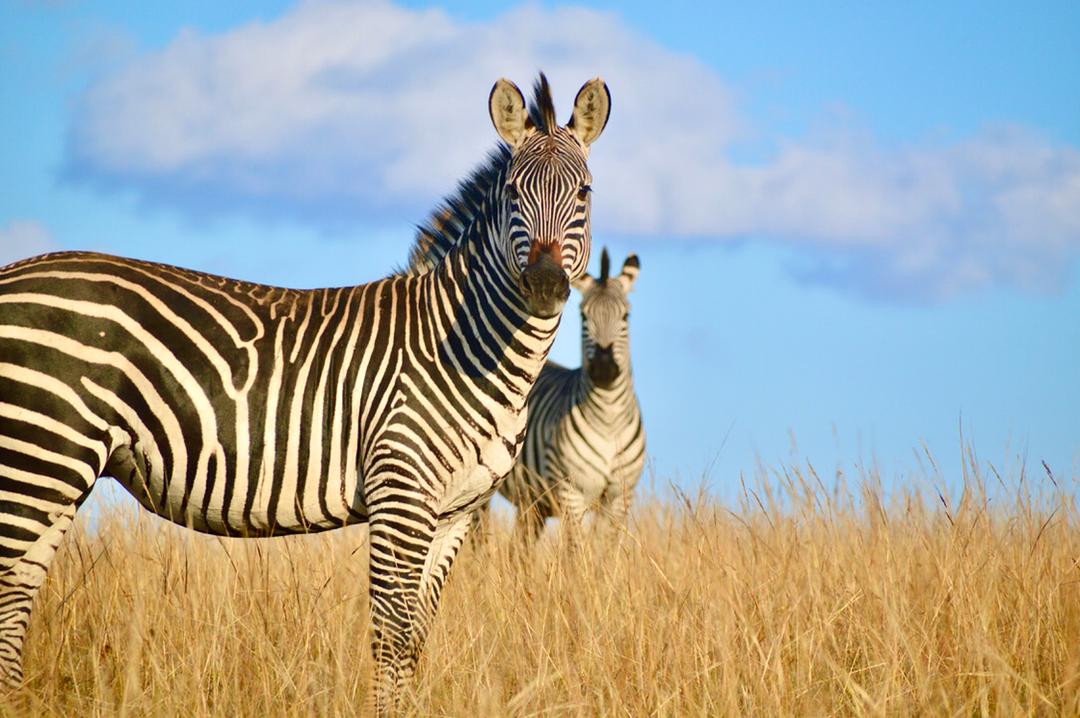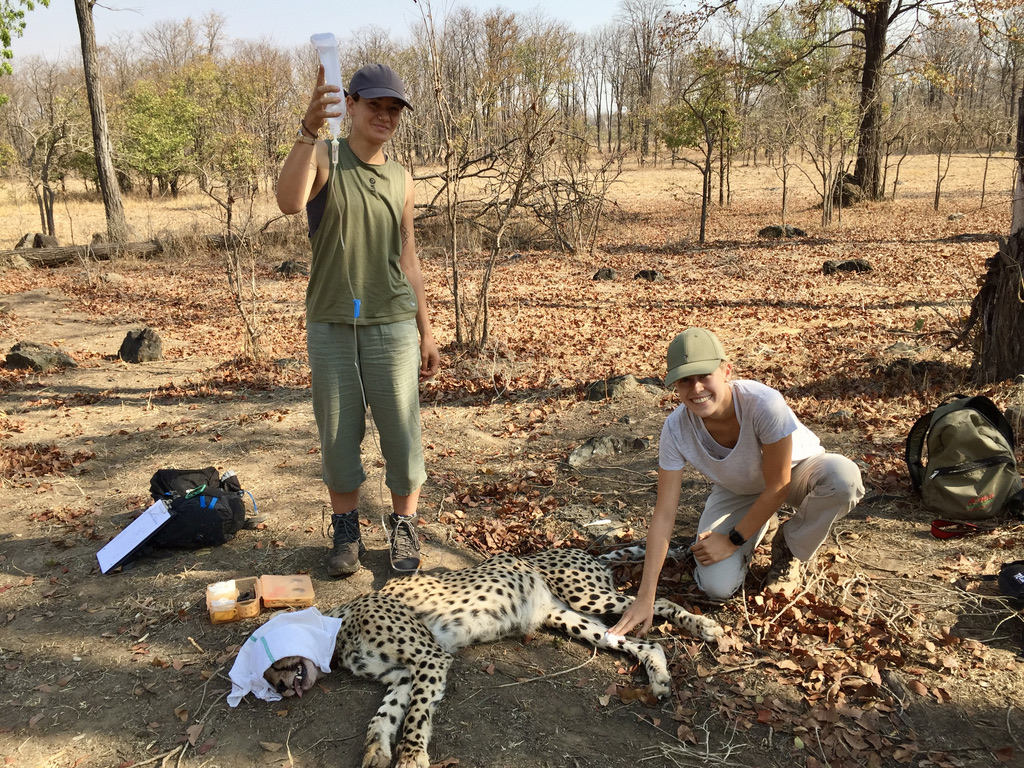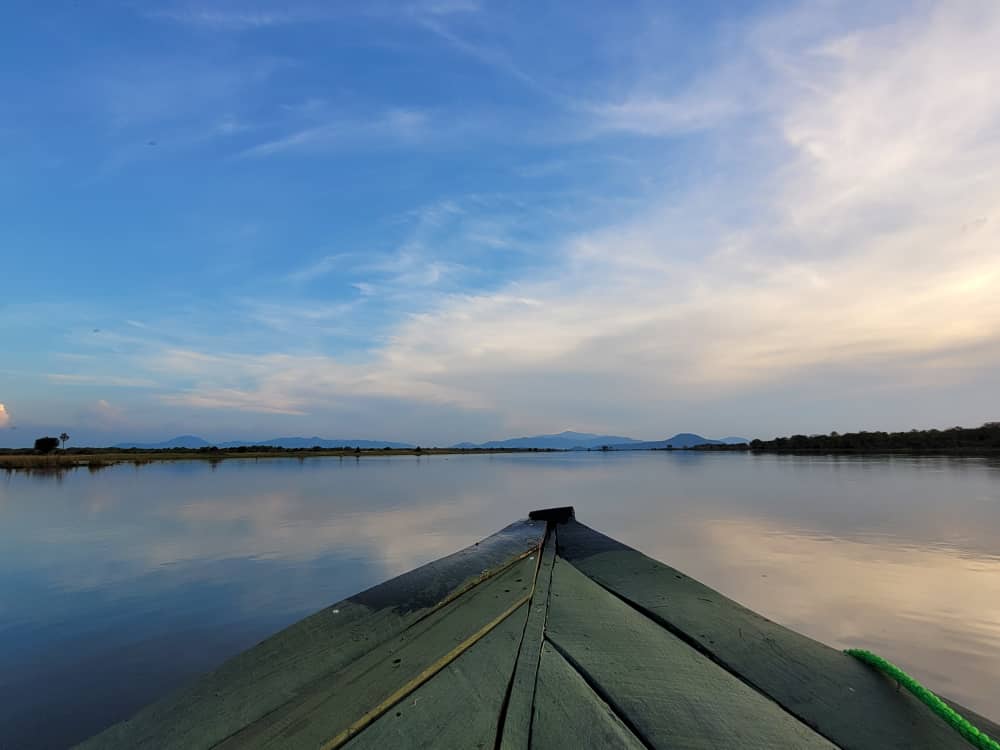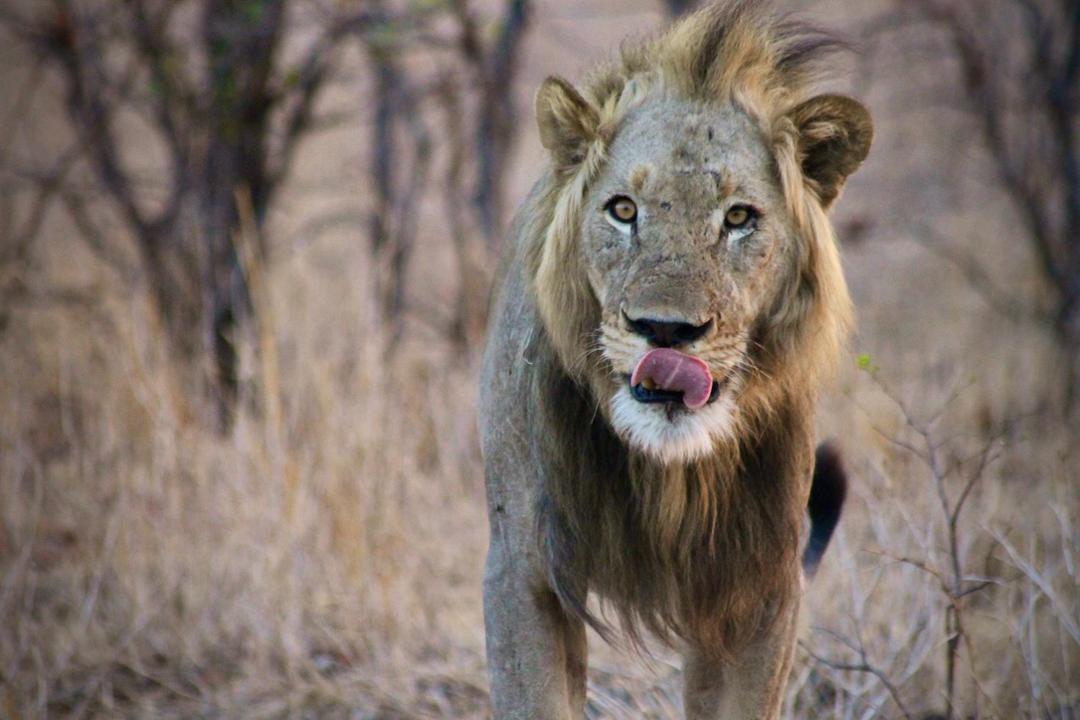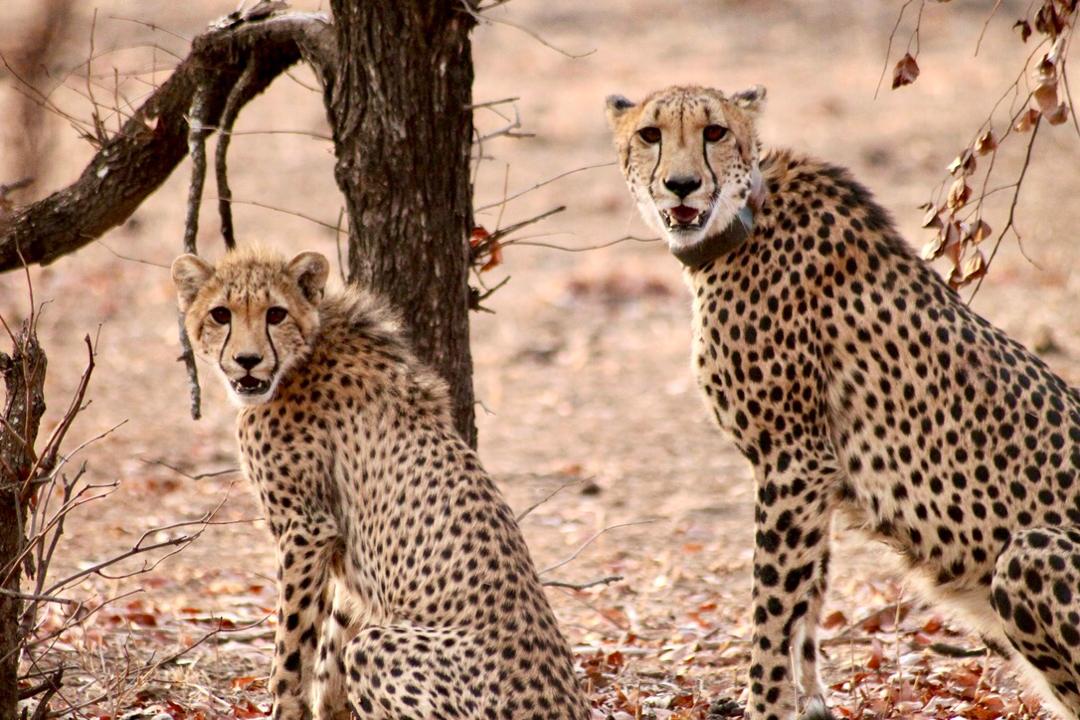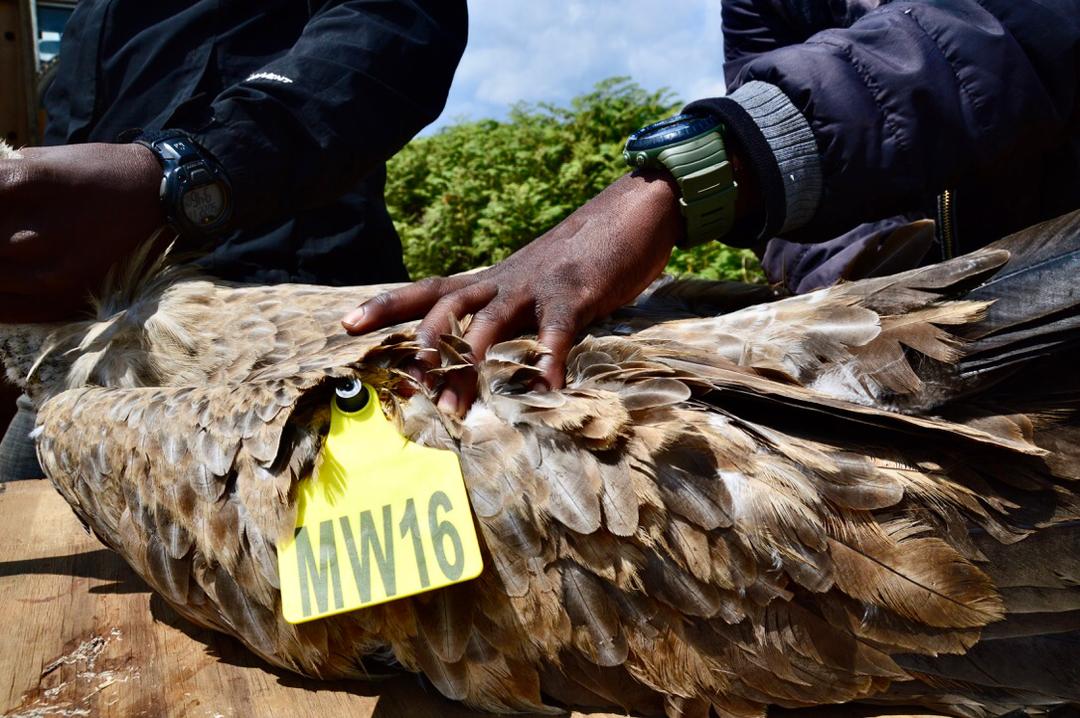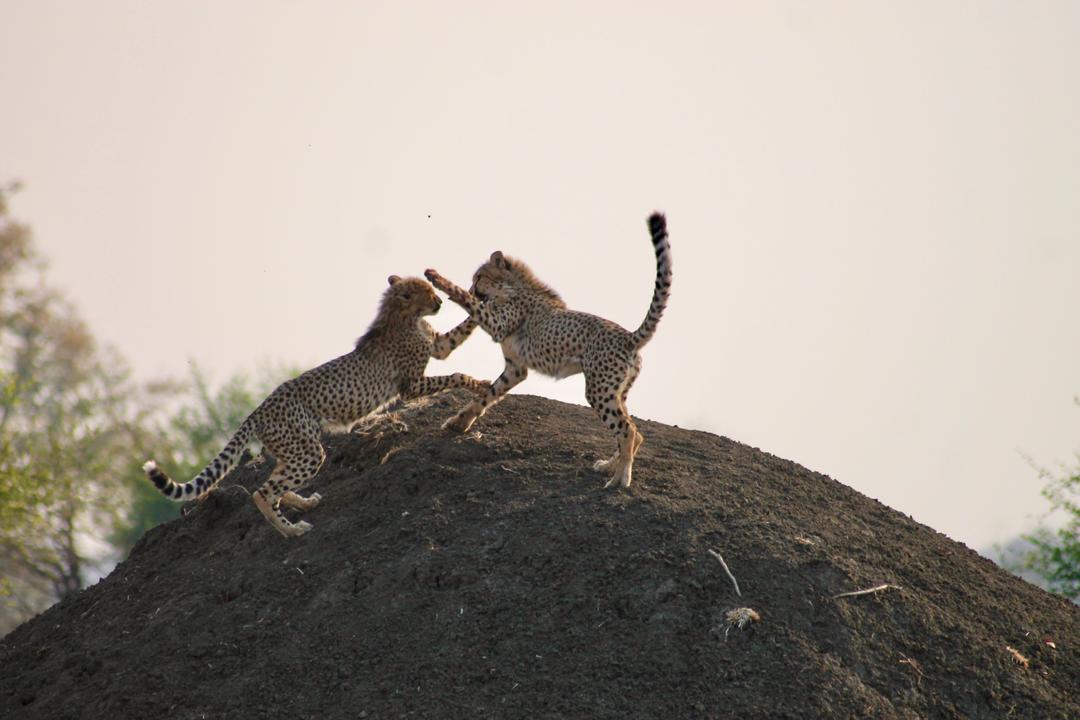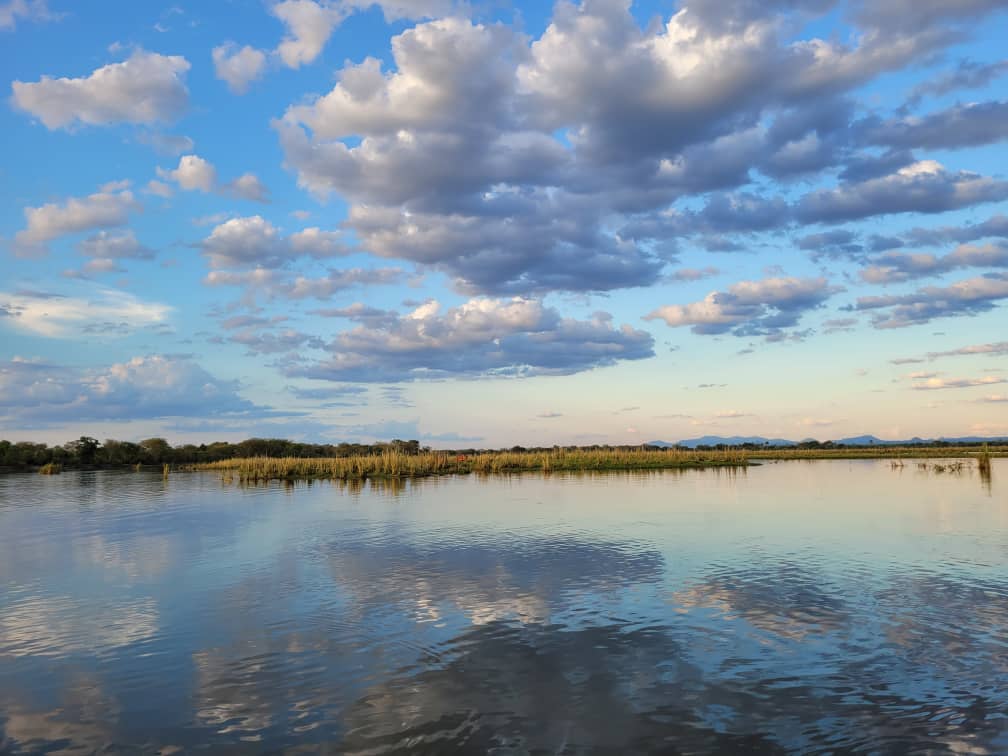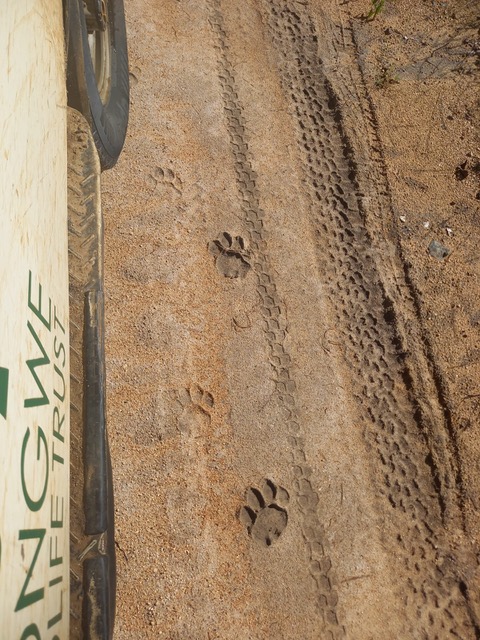Become a research
volunteer in Malawi
Spend your days out on safari in Liwonde National Park
-
Duration
2-12 Weeks -
Minimum age
18+ -
Start dates
Every Tuesday -
From
£1,350
-
Duration
2-12 Weeks -
Minimum age
18+ -
Start dates
Every Tuesday -
From
£1,350
Malawi Wildlife Research
Quicklinks
If you’re interested in iconic carnivores like lions and cheetahs and want to see them in their natural habitat, a research volunteer placement in Malawi’s beautiful Liwonde National Park is just for you.
This immersive experience will allow you to learn first-hand about conservation techniques and initiatives critical to protecting Malawi's wildlife. Operating out of a field station within one of Malawi’s top national parks, you'll get involved with research projects such as tracking large carnivores and elephants and assisting on camera trap surveys. The data you collect will directly inform conservation strategies in Malawi, ensuring its threatened species like wild dogs, leopards and vultures have a bright future.
Famously nicknamed the 'Warm heart of Africa, Malawi is a friendly welcoming country with diverse landscapes to explore. In your free time you can go scuba diving in Lake Malawi, hiking in the mountains of Mulanje or get lost in the ancient jungles.
Background to the wildlife research placement
Malawi is a small country with a very high human population density and one of the poorest in the world. It has an incredible diversity of wild animals and habitats but is facing huge threats, from deforestation and pollution to poaching and climate change. These combined factors have resulted in fragmented protected areas scattered throughout the country.
However, Malawi is in the grip of a conservation revolution. In recent years, the Government has clamped down on wildlife criminals by passing tough laws and disrupting organised crime syndicates. Greater investment in protected areas has led to a boom in wildlife populations and the return to some areas of the ‘Big Five’. This means that Malawi is fast earning a name for itself as an emerging leader in African conservation. Volunteering there is a chance to be part of this fascinating story.
These wildlife research programmes support wildlife monitoring and management, and contribute to a wider body of knowledge about conservation needs in Malawi, so your contribution will have a meaningful impact on the future of Malawi’s wildlife and parks.
The programme offers anyone with an interest in wildlife the chance to join an expert team in the field, but also welcomes students interested in pursuing their own research topics.
Where will I be volunteering?
The research camp is located in the heart of Liwonde National Park, one of Malawi's most popular parks and home to the ‘Big 5’. Liwonde is situated in Malawi’s Southern Region, a four-hour drive from the capital Lilongwe. One of Malawi’s premiere game viewing sites, Liwonde is home to some of the country's largest elephant and black rhino populations. Situated on the famous Shire River, habitats are varied, from vast floodplains to cathedral mopane woodlands. In recent years Liwonde has been the host of wildlife translocations and reintroductions. It is now the top park in Malawi for carnivore sightings, most notably cheetahs and lions.
What is my role?
Malawi’s research projects are designed to improve conservation knowledge and practice and include issues such as biodiversity monitoring and wildlife management. This means that volunteers not only have the opportunity to spend time out in the field learning new skills but also contribute to research that makes a real difference to ongoing conservation actions in Malawi.
Whether it be radio tracking large carnivores, assisting on camera trap surveys or creating identification kits for elephants, you’ll be supporting critical work to help inform, guide and evaluate the running of Malawi’s national parks for future generations.
What will a typical day look like?
The working day starts early to avoid the heat where you’ll head out in a safari vehicle. Research projects cover a range of issues and vary based on location, but some examples are biodiversity monitoring for species of special concern such as lions, cheetahs and wild dogs, identifying the movement corridors of Malawi’s largest transboundary elephant population and tracking Malawi’s vultures.
Volunteers receive a break in the middle of the day when the sun is at its hottest and head out into the park again late afternoon.
In the evenings volunteers cook and eat dinner together and you can sit around the campfire to exchange stories from the day.
Where will I be staying?
The research camp sits on the edge of the Likwenu River, close to the main gate of Liwonde National Park. Volunteers stay in shared rooms and bathrooms with hot showers and flushing toilets. There is a large kitchen for preparing meals and an outdoor area with a firepit. After a long day in the bush you can all gather around the fire in the evening to enjoy a home cooked meal and listen to the sounds of the African night.
